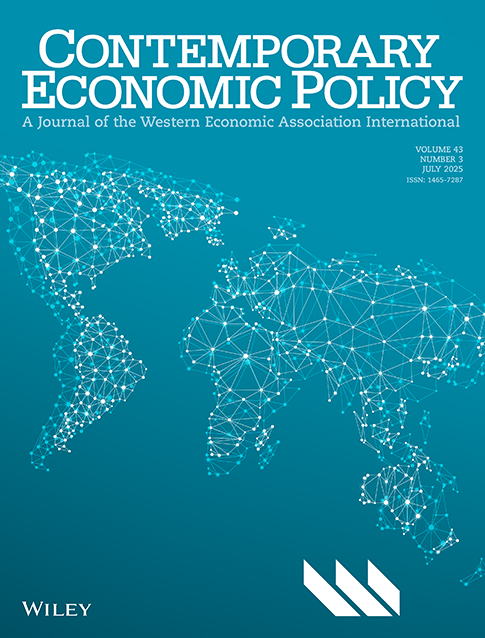IMPLICATIONS OF LIBERALISED EUROPEAN LABOUR MARKETS
Brown and Sessions are Lecturers in Economics and Associate Members of the Centre for Research in European Economics and Finance, Loughborough University, UK. Burton is Professor of Applied Economics and Transport and Director of the Centre for Research in European Economics and Finance, Loughborough University, UK and VSB Visiting Professor of Transport and the Environment, Tinbergen Institute, Free University, Amsterdam. This is a revised version of a paper presented at the Western Economic Association 69th International Annual Conference, Vancouver, British Columbia, July 2, 1994 in a session organised by Kenneth Button. The authors thank an anonymous referee for helpful comments.
Abstract
This paper reviews the alternative labour market scenarios open to European policymakers in the current movement towards enhanced economic and political integration. To clarify the various issues, the paper dichotomises the policy alternatives into two camps: “euro-liberalists” and “euro-regulators.” The paper concludes that the latter offers the best path towards convergence, with the proviso that the subject of regulation is a Pan-European system of labour market objectives rather than institutions.
Abbreviations
-
- EC
-
- European Community
-
- ECU
-
- European Currency Unit
-
- EMS
-
- European Monetary System
-
- ERM
-
- Exchange Rate Mechanism
-
- ILM
-
- Internal labour markets
-
- OLM
-
- Occupational labour markets
-
- QLM
-
- Qualification-based labour markets
-
- SAP
-
- Social Action Programme
-
- SC
-
- Social Charter




